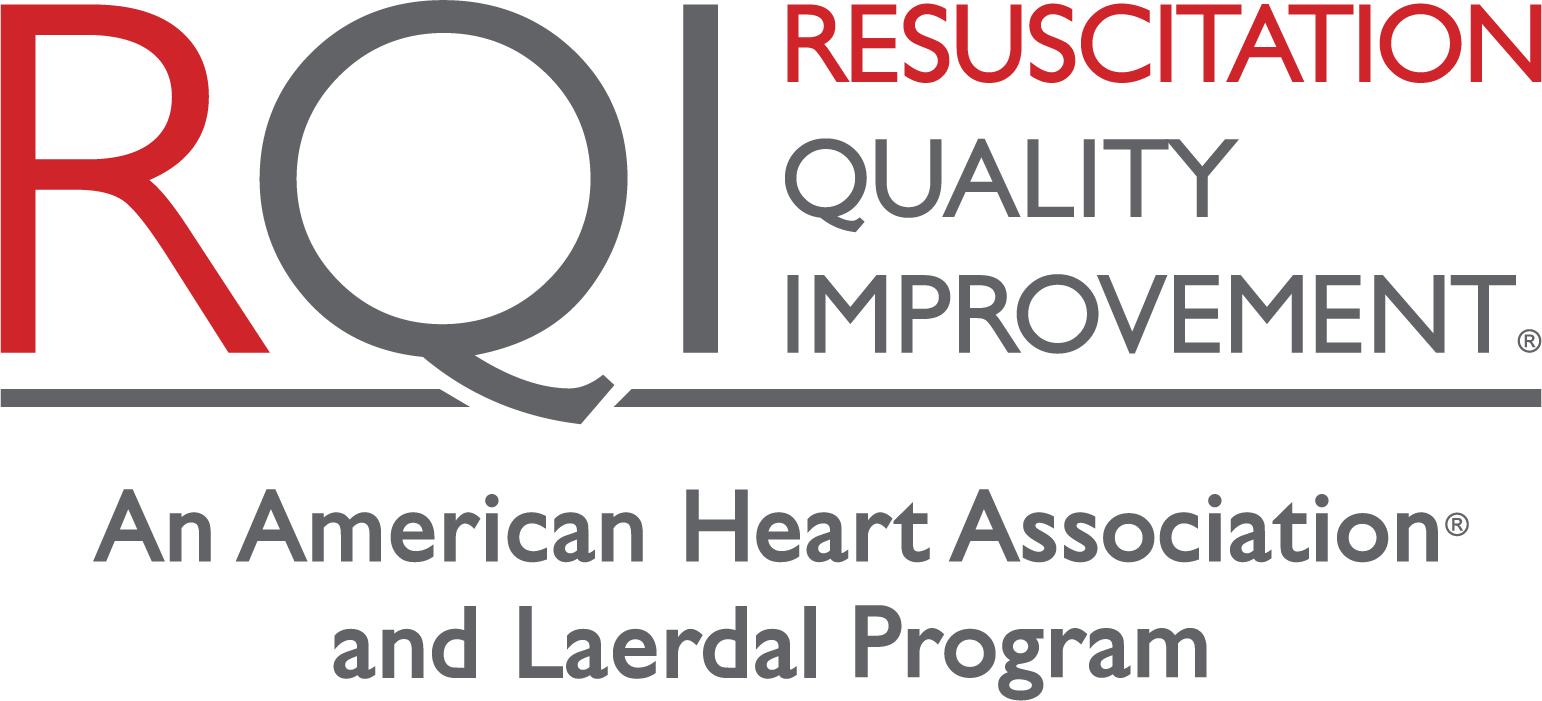Contextual Learning, Debriefing, Deliberate Practice, Education Science Guidelines, Feedback, Low Dose, High Frequency, Mastery Learning
MASTERY LEARNING AND DELIBERATE PRACTICE DESIGN
-
Diagnostic Entry
Assessment of a learner’s current knowledge and ability to demonstrate a skill prior to beginning learning.
-
Clear Learning Objectives
Key performance metrics that a learner is aware of that they will be measured on during and post learning.
-
Practice Engagement
Practice that is interactive and responsive to a learner’s demonstration of knowledge and/or skill.
-
Continued Practice
Practice that is continued and tailored per learner that can vary in both time and number of attempts to reach or exceed a passing standard.
-
Minimum Passing Standard
A clearly defined standard for knowledge and/or skill that learners need to demonstrate for proficiency.
-
Deliberate Practice
Activities specifically designed to improve a learner’s current level of performance with objected and directed feedback on how to do so.
— Mastery Learning and Deliberate Practice Research —
Low Dose, High Frequency, Mastery Learning, RQI-Based
Effects of Low-Dose, High-Frequency Cardiopulmonary Resuscitation Education on Nurses’ Competency and Confidence
Adaptive Learning, Contextual Learning, Debriefing, Deliberate Practice, Low Dose, High Frequency
Best Practices for Education and Training of Resuscitation Teams for In-Hospital Cardiac Arrest
Deliberate Practice, Feedback, International, Low Dose, High Frequency
Cardiopulmonary resuscitation retention training for hospital nurses by a self-learner skills station or the traditional instructor led course: A randomised controlled trial
Deliberate Practice, Feedback, International
Effect of Audiovisual Cardiopulmonary Resuscitation Feedback Device on Improving Chest Compression Quality
Study demonstrates that real-time feedback devices with auditory and visual components help physicians and nurses in improving the quality of chest compressions.
Deliberate Practice, Feedback, International, Low Dose, High Frequency
